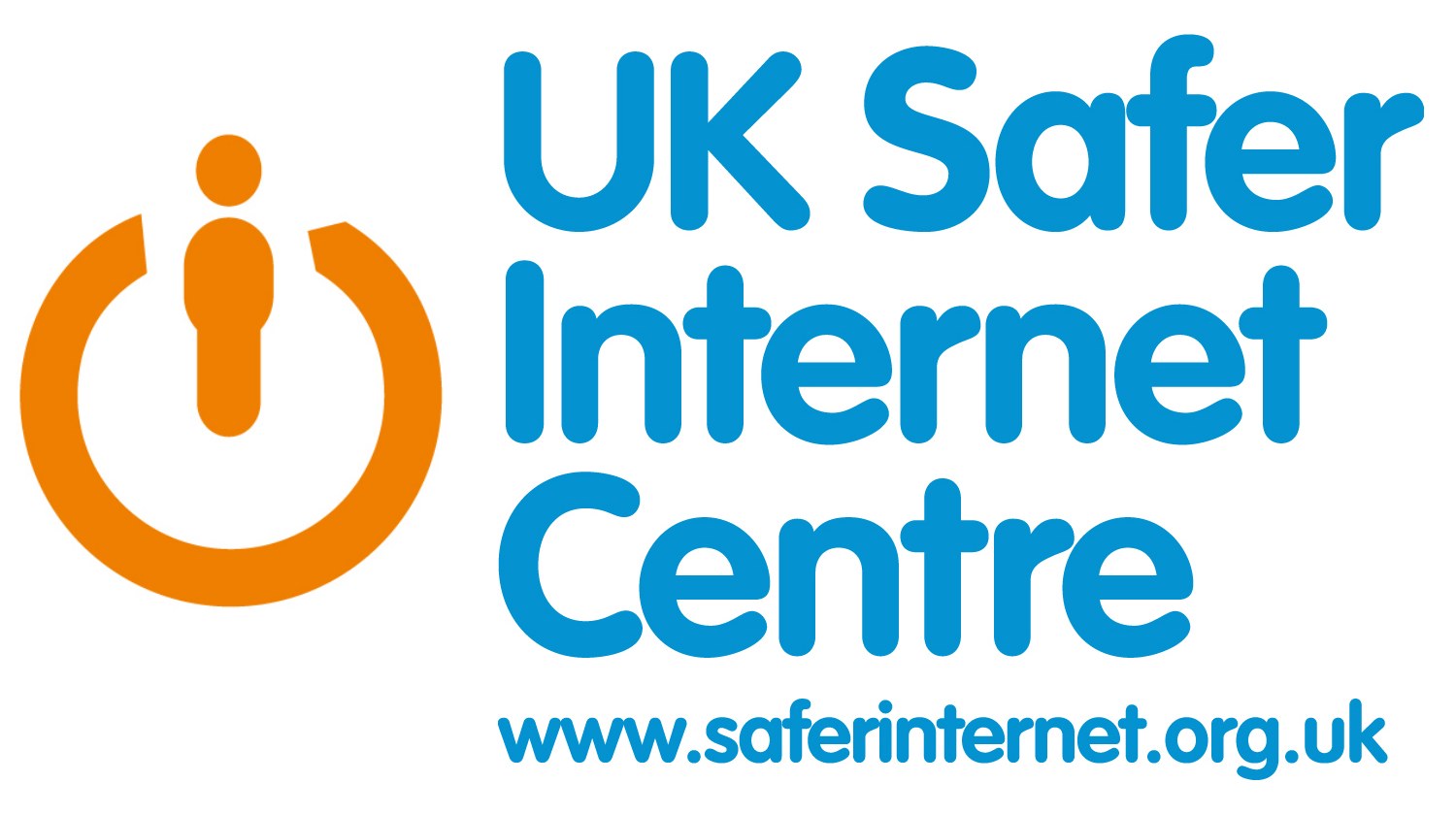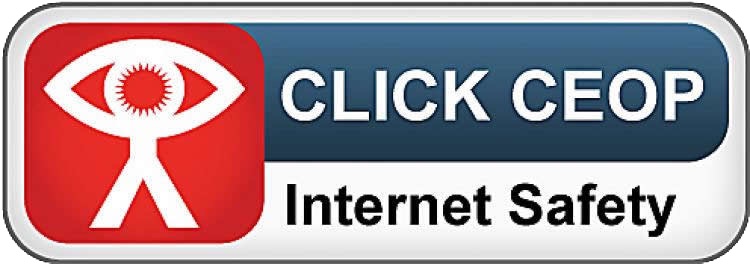Online Safety
How to stay safe online
As a parent, you'll know how important the Internet is to children - they use it to learn, explore, play, socialise, and express themselves. It's a creative place with wonderful opportunities. However, the technology children use every day can seem a little daunting, and you might worry about the risks your child could face online - such as bullying, contact with strangers, or the possibility of them seeing illegal or inappropriate content.
To help engage with your children regarding their use of the Internet while at home. Here are some conversation-starter ideas from www.childnet.com
- Ask your children to tell you about the sites they like to visit and what they enjoy doing online.
- Ask them about how they stay safe online. What tips do they have for you, and where did they learn them? What is OK and not OK to share?
- Ask them if they know where to go for help, find the safety advice, privacy settings, and how to report or block the services they use.
- Could you encourage them to help? Perhaps they can show you how to do something better online, or they might have a friend who would benefit from their help and support.
- Think about how you use the Internet as a family. What could you do to get more out of the internet together and further enjoy your lives online?


Useful e-safety websites:
Childnet is a great website resource for parents and children on online safety.
Internet Matters is another great site to use - it has advice on cyberbullying, how to talk to your children about Internet safety, and quick guides to different social media types such as Instagram and Snapchat.
The Childnet Parent and Carer Toolkit is a really useful resource. The NSPCC site has guides on all areas of online safety and provides tips.
Here are quick links to a range of Internet safety sites that you may find useful too...
Safer Internet
Report Harmful Content
CEOP Police Report
CEOP Safety Centre
The digital world is moving at such a pace, that it is necessary to try to stay on top of events in today's world. Most social networking sites have an age recommendation of 13+ years of age. School cannot be responsible for many of the problems encountered from social media relationships and issues, and either the police or CEOP should be directly referred to for support.
The NSPCC have launched a series of videos and information links that can support parents/carers in talking to their children about the safe use of the Internet. This includes the use of social media.
The campaign ‘Share Aware’ is aimed at parents/carers of children ranging from age 8 to 12 years and is helpful in understanding online safety. The campaign is intended to support parents/carers in having effective conversations about staying safe online.
An additional resource on the NSPCC site is available for parents to access, which informs specifically about child sexual exploitation.
This site helps explain the indicators of when a child might be being exploited, appreciate the impact child sexual exploitation can have on families and know what to do if you suspect a child might be at risk of this abuse.
Whilst we all hope that such situations will be far removed from our children, it is essential to be kept informed and so we trust by sharing this information with you, we are assisting in this process.
There is a lot of information on the Common Sense Media website that parents/carers will find useful regarding games, apps, videos, and age ratings and suitability.
Filtering and Monitoring
We ensure robust filters are in place to block access to unsuitable websites, ensuring that all users on the school network are protected. Additionally, we monitor internet activity to identify any attempts by pupils to access harmful, abusive, or inappropriate material. If such attempts occur, we take immediate action to provide appropriate advice and support to the pupil involved.

